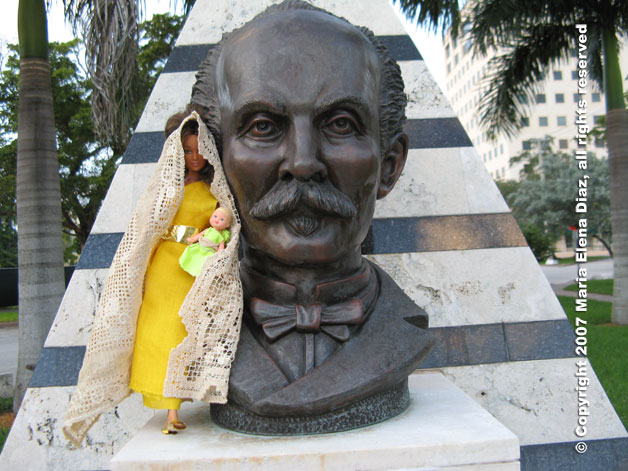The Poets of Srebrenica
by Janaki Challa
“Countless contradictory analyses have seen the light of day about the ensuing bloody events in the territory of the former Yugoslavia, on whose embarrassing convolutions there is no need to dwell. Because it is clear that what is above all missing from all the explanations is the human being. Or — if we can put it that way — the poet. Because the poet doesn’t get lost here either, where death has become customary. More precisely: where death appears, there the poet must put up his tent.”–Balint Szombathy
Summer of 2010. The FIFA World Cup was underway, and it was the first time Serbia was represented as an autonomous nation in the tournament. Serbia finally won a victory against Germany, 1-0. I still remember the vivid image on the TV screen–the team flailing their arms and embracing in excitement [many boys sat around]. But at a Bosnian mosque in Connecticut that hot afternoon, the atmosphere wilted under an awning of grief.
2010 was also the year Serbia offered an “official apology” for the 1995 Srebrenica massacre—what many call genocide—an institutionalized ethnic cleansing of over 8000 Bosnian Muslims. If one Googles Srebrenica, most pictures that appear are graphic photographs of charred and disfigured corpses, and defunct buildings that were used as sites for concentration camps. There, journalists and civilians documented thousands of makeshift graves, which appear as squares of land tessellated and separated by wooden beams. Over 30,000 Bosnian women and children were forcefully removed from the area, legal proof that this military action by the Serbian government was “of genocidal intent.” In 2004, Theodor Meron, President of the International Criminal Tribunal for the former Yugoslavia (ICTY), said in an address at Potocari Memorial Cemetery that “by seeking to eliminate a part of the Bosnian Muslims, the Bosnian Serb forces committed genocide. They targeted for extinction the 40,000 Bosnian Muslims living in Srebrenica, a group emblematic of the Bosnian Muslims in general. They stripped all the male Muslim prisoners, military and civilian, elderly and young, of their personal belongings and identification, and deliberately and methodically killed them solely on the basis of their identity.” Secretary General Kofi Annan called this massacre “the worst crime on European soil since the Second World War.” Continue Reading →

